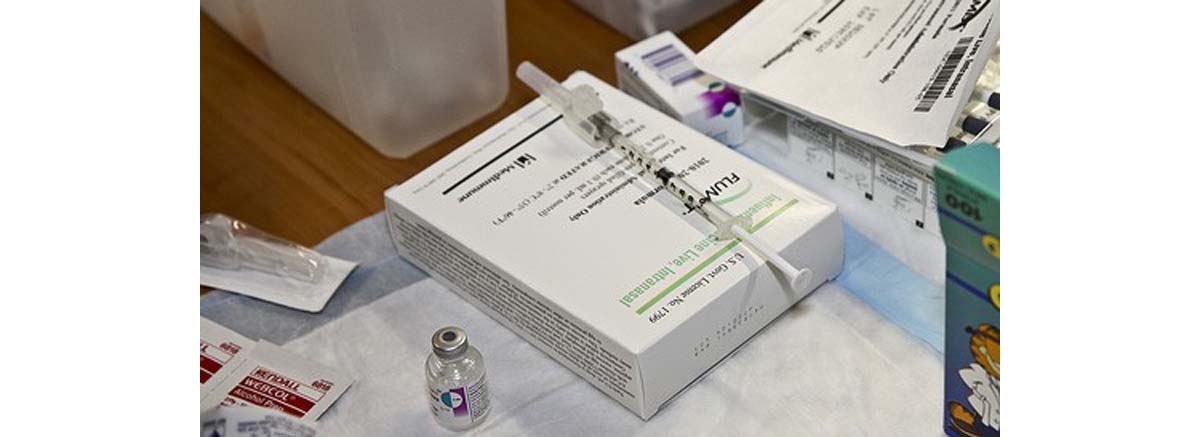Table of Contents
In 2012, public health officials in the United States and Australia were baffled that unusually large numbers of children were coming down with pertussis. At first, this result simply did not make any sense. The diphtheria vaccine was actually stronger than it had been in 1990's and early 2000's, when the rates of infection were much lower. There was no obvious reason that more children, and adults, were coming down with the disease.

Epidemiologists in Australia and the USA came up with several explanations of the increased rate of infection:
- Some parents did not want their children to get vaccinations. These children caught the infection and spread it to others.
- The new vaccine might have been "too strong" and weakened the immune system so that it provided protection at first but the protection wore off in just a few years. Or,
- The new, stronger vaccine simply did not last as long as the older, weaker vaccine.
It turned out that the problem was that the new formulation of diphtheria vaccine simply wore off faster than the older vaccines. But by the time this problem was discovered, there was a new problem.
These newly evolved strains of bacteria have fewer competitors, that is, they don't have to compete with as many other bacteria for food and oxygen, so they are especially likely to cause infection.
The strain that is currently causing problems in the US and Australia seems to have originated in France and Finland, and spread to other countries by people who did not get any vaccinations at all. The French strain of pertussis bacteria has become so potent that scientists are investigating whether it really should be considered a new, separate organism called Bordetella pertussis, but this new microorganism still responds to the old vaccine.
Right now, the epidemiologists' answer to this problem is booster shots.
And why should you care?
The primary concern of public health officials is stopping the infection in older children, teens, and adults, who get very sick but usually survive, so they don't spread it to babies. Before the age of six weeks, babies cannot be given diphtheria vaccine. They are the most vulnerable to the disease. Most of the deaths from diphtheria in the United States, especially in the state of Washington, have occurred in this age group.
Or if you choose not to get immunized against diphtheria, pertussis, and whooping cough, at least be very careful to wash hands and avoid open coughs when you are around newborns.
- Aaby P, Benn C, Nielsen J, Lisse IM, Rodrigues A, Ravn H. Testing the hypothesis that diphtheria-tetanus-pertussis vaccine has negative non-specific and sex-differential effects on child survival in high-mortality countries. BMJ Open. 2012 May 22
- 2(3). pii: e000707. doi: 10.1136/bmjopen-2011-000707. Print 2012.
- Valérie Caro, Annika Elomaa, Delphine Brun, Jussi Mertsola, Qiushui He, Nicole Guiso. Bordetella pertussis, Finland and France. Emerg Infect Dis. 2006 June
- 12(6). 987–989. doi: 10.3201/eid1206.051283.
- Photo courtesy of europedistrict on Flickr: www.flickr.com/photos/europedistrict/5181669792
- Photo courtesy of 51868421@N04 on Flickr: www.flickr.com/photos/51868421@N04/5277695536


Your thoughts on this